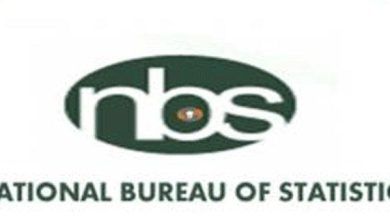
Foreign investments in Nigeria’s telecommunications sector plummeted to $14.4 million in the third quarter of 2024, marking an 87% decline from the $113.42 million recorded in the second quarter, according to the latest data from the National Bureau of Statistics (NBS).
This sharp decrease of $99.02 million highlights the sector’s struggle with attracting foreign capital amidst growing challenges, including high operating costs, infrastructure deficits, and policy uncertainties. The third-quarter figure also represents a 77% drop compared to the $64.05 million in the same period of 2023.
Capital importation refers to the inflow of foreign funds into Nigeria’s telecom sector, including investments brought in by foreign entities for business purposes. Despite the sector’s growth potential, the significant decline in foreign investments points to underlying difficulties, such as foreign exchange challenges and an urgent need for infrastructure development.
The first quarter of 2024 had shown a stark contrast, with capital importation reaching $191.5 million, a massive 769% increase from $22.05 million in Q1 2023. This figure alone surpassed the total foreign investment for the entirety of 2023, which was $134.75 million. Similarly, in Q2 2024, the sector recorded $113.42 million in foreign investments, a 339% increase from the $25.81 million attracted in Q2 2023.
However, the third-quarter slump signals a worrisome trend for the sector, which plays a crucial role in Nigeria’s economy, contributing significantly to the nation’s GDP and providing essential services to millions of Nigerians. The sector has been grappling with high inflation rates, policy uncertainties, and a pressing need for infrastructure upgrades.
Industry bodies such as the Association of Licensed Telecom Operators of Nigeria (ALTON) and the Association of Telecommunication Companies of Nigeria (ATCON) have raised concerns, urging the government to address the challenges facing the sector. They warn that without decisive action, the sustainability of the telecom industry could be at risk.
ALTON Chairman Gbenga Adebayo emphasized that the current pricing structure is unsustainable, stating that telecom service providers cannot continue to operate under these conditions, where the cost of delivering services far exceeds the revenues generated.
Adebayo also noted that some telecom providers have been subsidizing services, but this practice is no longer feasible, and without changes, the entire sector could face severe challenges.





